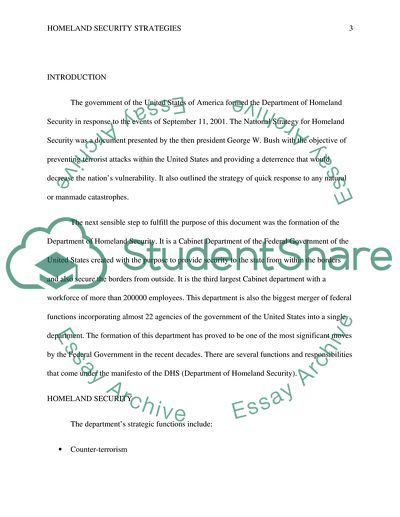Cite this document
(“Homeland Security Strategies in the United States Research Paper”, n.d.)
Homeland Security Strategies in the United States Research Paper. Retrieved from https://studentshare.org/social-science/1771084-homeland-security-strategies
Homeland Security Strategies in the United States Research Paper. Retrieved from https://studentshare.org/social-science/1771084-homeland-security-strategies
(Homeland Security Strategies in the United States Research Paper)
Homeland Security Strategies in the United States Research Paper. https://studentshare.org/social-science/1771084-homeland-security-strategies.
Homeland Security Strategies in the United States Research Paper. https://studentshare.org/social-science/1771084-homeland-security-strategies.
“Homeland Security Strategies in the United States Research Paper”, n.d. https://studentshare.org/social-science/1771084-homeland-security-strategies.


